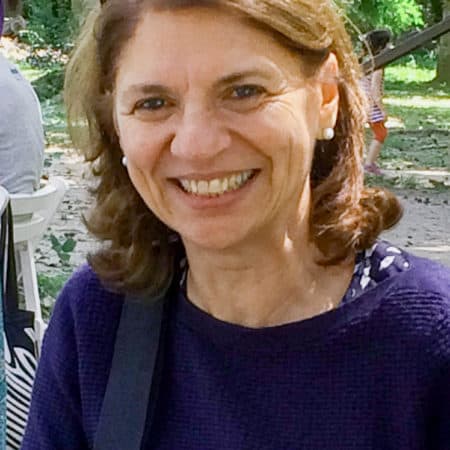Ana Cara recently retired from Oberlin College, where she taught in the Department of Hispanic Studies. She holds a PhD in Folklore and Folklife from the University of Pennsylvania. Her articles have appeared in various academic journals, including the Journal of American Folklore,
Folklore Works
The American Folklore Society works every day to amplify our members and the work they do to advance the understanding of folklore and cultural traditions. Stay tuned as we periodically showcase folklorists, their projects and programs, and the communities they serve through our Folklore Works features.
Andrea Kitta’s scholarship on folklore and public health appeared in a recent episode of NoiseFilter, a daily podcast that focuses on important information regarding COVID-19. The podcast’s main hosts are Dr. MarkAlain Dery and Dr. Eric Griggs (Doc Griggs), the former an
John Burrison, curator of The Folk Pottery Museum of Northeast Georgia, was interviewed by the Atlanta Journal-Constitution (AJC) about the museum’s current exhibit on women potters, “The Men Won’t Tell Us Anything.” From the article: “’Good clay deposits are critical, but there is more
Andrea Kitta recently spoke with Slate Magazine about the emergent folklore surrounding COVID-19 and vaccinations. To read her take on how narrative and belief impact vaccination efforts, check out the interview on the Slate website.
On February 19, German’s national radio Deutschlandfunk Kultur ran a 55-minute program largely focused on Jim Leary’s work with the folk/vernacular/roots music of German-speaking (Austrian, German, Swiss) immigrants to the US. Though the article and the radio program are both in German, excerpts of
Maggie Holtzberg, the Folk Arts and Heritage Program Manager for the Massachusetts Cultural Council Agency, recently described her career as a state folklorist for Boston Irish. The article showcases some of her professional accomplishments, like the the major exhibition, “Keepers of Traditions: Art
Jessica Floyd contextualizes the sudden surge in popularity of sea chanteys on TikTok in The Conversation. These maritime work songs historically served as ways to get through the monotony of deck work and subversively speak truth to power, so she says, it is perhaps unsurprising
USU’s Digital Folklore Project has named the meme “How It Started/How It’s Going/How It Ended” the official #DigitalTrendoftheYear. “A meme that shows a picture of flowers captioned ‘How It Started’ next to a photo of a nuclear bomb captioned ‘How It Ended,’ seems
Penn State News recently highlighted the research of folklorist and Penn State Harrisburg faculty member Jeffrey Tolbert. Tolbert studies vernacular belief as it intersects with digital media, concentrating on Slender Man as an especially apposite case. He notes, “Belief…[is] about how we
Jon D. Lee, the author of An Epidemic of Rumors, puts Covid-19 vaccine conspiracy theories in folkloric context in The Atlantic, with reference to Andrea Kitta’s work on the folklore of anti-vaccination movements and Timothy Tangherlini’s analysis of the narrative differences between conspiracy rumors
